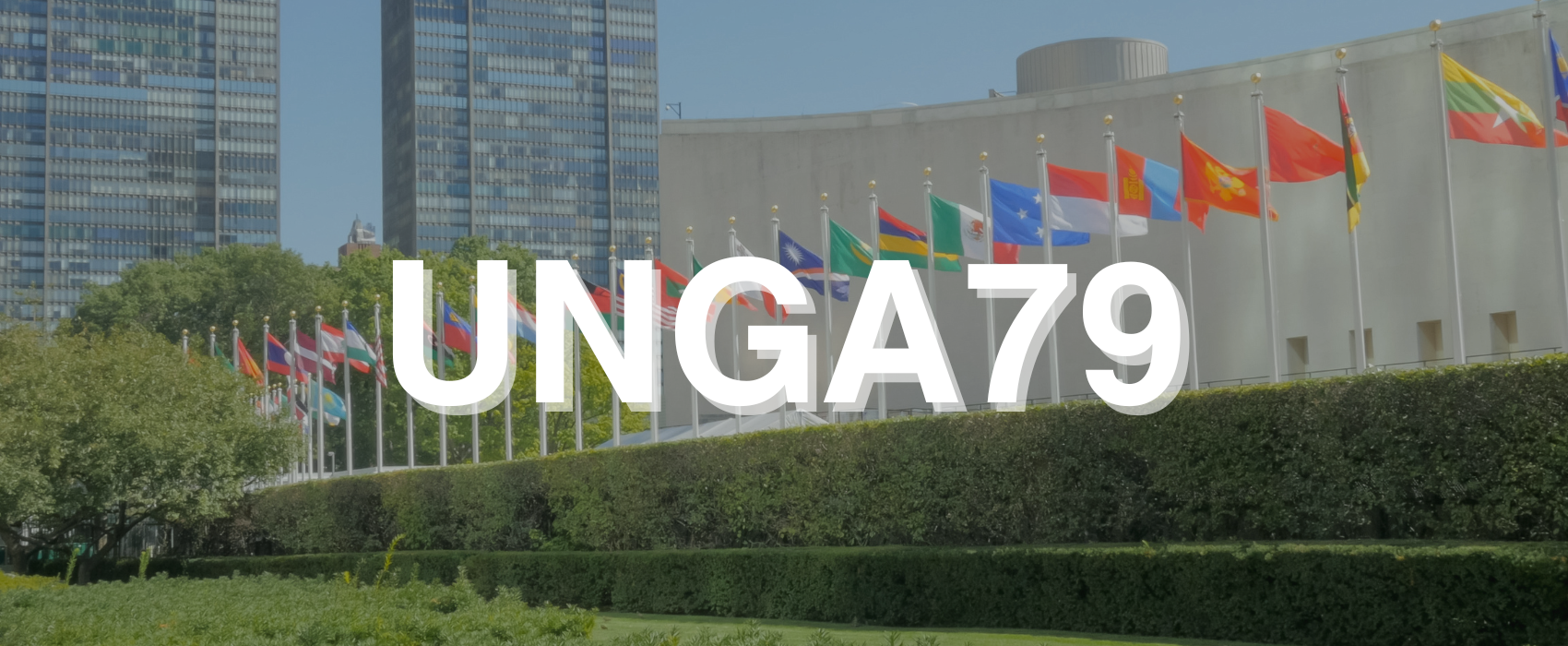Nigerian Envoys and Businesses Engage Global Investors at UNGA 79 Forum for Sustainable Investments
In a significant move to attract global investment and bolster sustainable development, Nigerian envoys and businesses convened at the UNGA 79 Forum for Global Investors. The High-Level Roundtable on Sustainable Investments, Grants, and Interventions, held at Nigeria House in New York, served as a platform for showcasing Nigeria’s vast investment opportunities and fostering partnerships aimed at transformative projects across various sectors.
A Prime Destination for Investment
Ambassador Abubakar Jidda, the consul-general of Nigeria in New York, opened the roundtable with a compelling welcome address. He emphasized Nigeria’s strategic location, abundant resources, dynamic population, and commitment to reforms as key factors that position the country as a prime destination for investors. “Nigeria is not just an opportunity; it’s a gateway to the future of trade and investment in Africa,” he stated, highlighting the ongoing reforms under President Bola Tinubu aimed at creating a favorable investment climate.
Ambassador Jidda urged participants to leverage the discussions to forge partnerships that could lead to impactful projects in critical sectors such as agriculture, infrastructure, technology, healthcare, and renewable energy. He underscored the importance of sharing credible information to unlock opportunities in one of Africa’s most promising markets.
Addressing Foreign Direct Investment Challenges
The acting permanent representative of Nigeria to the UN, Mr. Syndoph Endoni, raised concerns about Africa’s Foreign Direct Investment (FDI) landscape, which accounted for only 3.5% of global FDIs in 2024. He noted a decline in FDI to $53 billion in 2023, emphasizing the urgent need to boost investment and improve the ease of doing business in Nigeria.
In response to these challenges, President Bola Ahmed Tinubu established a Presidential Committee on Review of Fiscal Policy and Tax Reform. Endoni highlighted Nigeria’s leadership role in advocating for a UN Framework Convention on International Tax Cooperation, aimed at ensuring inclusivity in global tax decision-making and protecting African economies from tax evasion.
Transitioning to Green Energy
As a fossil fuel-dependent economy, Nigeria is actively seeking guarantees from developed countries for knowledge transfer in the transition to green energy. Endoni stressed the importance of this transition for Nigeria’s economic viability and sustainability. He also acknowledged the recent extension of U.S. tourist visa validity for Nigerians from two to five years but called for further improvements in visa processing times to enhance bilateral relations.
Fostering Global Partnerships
Mr. Kunle Yusuff, executive vice chairman and CEO of Merited Negotiating Consulting, who convened the event, described the roundtable as a strategic platform for fostering global partnerships aimed at accelerating sustainable investments and grant accessibility. He emphasized the importance of cooperation and co-funding for initiatives targeting Sustainable Development Goals, climate change, agribusiness, youth development, and gender mainstreaming.
Yusuff noted that any development intervention that advances Nigeria also contributes to the progress of 20% of the global Black population. With Nigeria being the largest market in Africa, he highlighted the government’s economic liberalization efforts that have positioned the country as a lucrative hub for both domestic and international investors.
Showcasing State-Level Opportunities
Kebbi State Governor Nasir Idris presented the state’s investment opportunities, emphasizing its rich agricultural potential and a friendly investment climate for prospective investors. He underscored the importance of AI grants and women’s empowerment for Nigeria’s sustainable development, expressing his commitment to making Kebbi a center for AI-driven agricultural production.
Governor Idris expressed gratitude to the Nigerian missions in New York for hosting the event, asserting that such initiatives could significantly turn Nigeria’s fortunes around. He reiterated that subnational governments could achieve their full potential through collaborations like this.
Highlighting Nigeria’s Readiness for Investment
Prof. Tai Balofin spoke on Nigeria’s readiness to harness global business opportunities, focusing on the country’s attractive reforms and regulatory environment. He highlighted significant government reforms aimed at enhancing the ease of doing business, including the Companies and Allied Matters Act and the Petroleum Industry Act.
Balofin pointed out the various investment incentives Nigeria offers, such as pioneer status incentives, visa-on-arrival policies, and free trade zones, designed to attract and retain investors.
Addressing Visa Processing Challenges
Former U.S. Ambassador to Nigeria, Robin Sanders, addressed concerns regarding visa processing delays, clarifying that these issues are not unique to Nigeria but are part of a global challenge due to capacity constraints. She emphasized the need for understanding and collaboration to address these challenges effectively.
Conclusion: A Collaborative Future
The roundtable attracted participation from various organizations, including state governments, the House of Representatives Committee on Foreign Affairs, and international development partners. The event not only showcased Nigeria’s potential as a strategic investment destination but also highlighted the importance of collaboration in driving sustainable development.
As Nigeria continues to engage with global investors and donors, the emphasis on sustainable investments, grants, and interventions will play a crucial role in shaping the country’s economic future and enhancing its position in the global market. The collaborative efforts initiated at the UNGA 79 Forum are poised to unlock new opportunities and drive transformative change across Nigeria’s diverse sectors.

